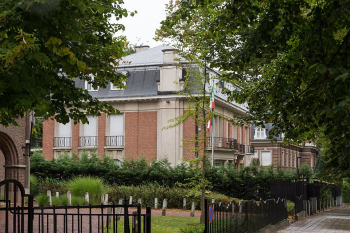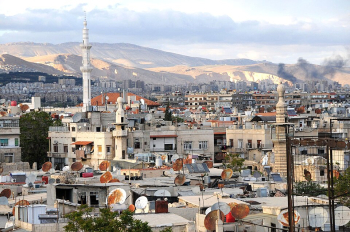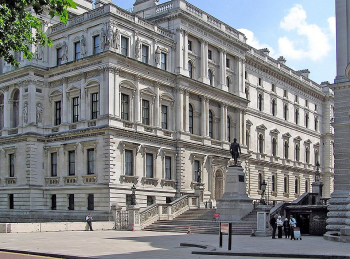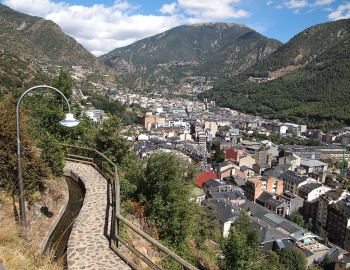
Albania’s opposition Democratic Party has been allowed to run in the upcoming May local elections after the Commission of Sanctions and Complaints (CSC) overturned the
earlier decision of the Commissioner of Elections not to let it run. The CSC’s decision to reverse the ruling of Election Commissioner Ilirjan Celibashi, who stated that the Democratic Party’s documentation was incomplete, was welcomed by Enkelejd Alibeaj, the current de facto leader of the party. Celibashi had ruled that the party’s key document, the solemn declaration, was not properly signed as the former leader, Lulzim Basha, had resigned temporarily, leaving his signature missing. The CSC told the party to provide a statement from Basha that he had delegated the leadership to Alibeaj or be excluded from the elections.
However, observers have said that the Democratic Party is unlikely to do well in the elections against the governing Socialists under Prime Minister Edi Rama. The party is divided into factions, one led by former leader Sali Berisha and the other by Alibeaj. A court ruling on March 6 failed to resolve the matter, and the case was sent for a re-trial. Until a definite court ruling is made, the party will be led by Alibeaj.
Conflict in the party began last September when Basha expelled former prime minister and former president Berisha from the party’s parliamentary group, after the US declared him “persona non-grata” for involvement in “significant corruption”. Berisha then held a large-scale assembly at the Air Albania Stadium, which adopted a new statute. Basha resigned last year after election defeats and delegated the leadership for one year to party parliamentary leader Alibeaj, who then appealed a court decision in March last year that recognized Berisha’s assembly’s decisions.
Berisha has asked the Central Election Commission (CEC) to register his faction for the elections in coalition with the Freedom Party, led by former President Ilir Meta. The CEC dismissed his earlier request to be recognized as the Democratic Party leader. Berisha’s “Freedom House” coalition performed better than the official party in the earlier by-elections. The governing Socialists won five of the contested races, but Berisha’s candidate, Bardh Spahiu, won the sixth in the important northern city of Shkodra.
Albania’s local elections are scheduled for May 14. Despite the opposition party’s internal division and legal challenges, the CSC’s decision to allow it to run in the elections could increase the democratic process of Albania, giving voters a choice in the polls. However, with the political climate in the country still turbulent, the election outcome remains uncertain. Photo by Andrew Milligan sumo, Wikimedia commons.

















